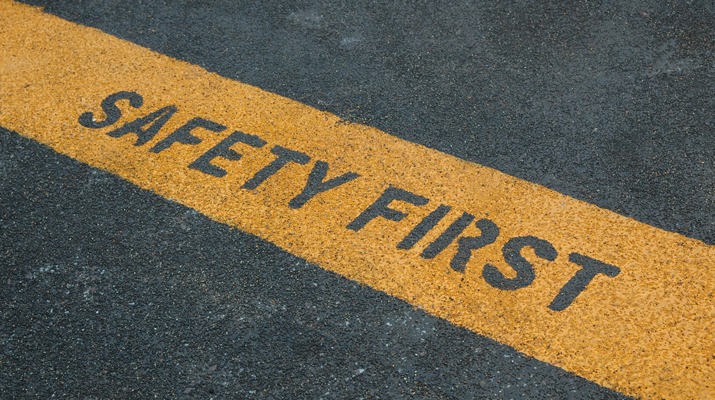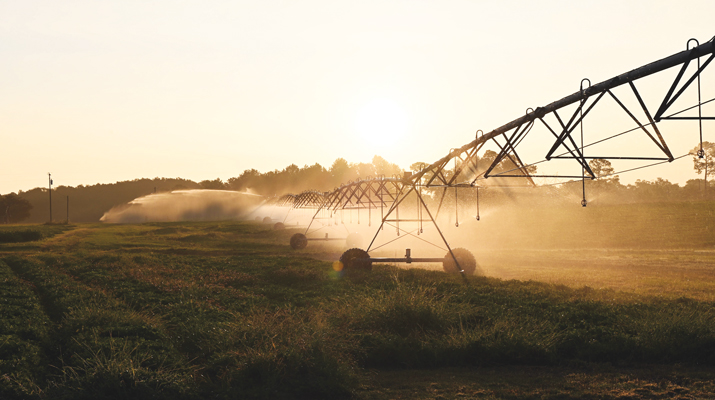Grade your propane operation on overall effectiveness
Long before my adult children learned to slack off in a pass/fail environment, we old folks were graded in school. A’s, B’s, C’s, D’s and F’s meant something.
I’ll never forget getting an F in chemistry while my dad and I split the cost of college. He said, “If you don’t pick up your grades, you can pay for the whole thing.” I said, “Let’s start right now.” I worked three jobs and joined a fraternity to get free room and board as the maid/house cleaner (they called me Hazel). My road to independence was paved with pride, survival and consequences for my actions.
In this new year, I’d like to encourage you to think about how your company might be graded on overall effectiveness when it comes to safety.
Sure, you get a cursory glimpse from your insurance company loss-control representative. But let’s face it – they can’t anticipate your ability to achieve safe results. That obligation and responsibility reside with you and your employees.
So let’s start with F and work toward a more successful approach.
Letter grades
• F stands for failure. When it comes to safety, failure can have a number of consequences:
1. Failure to aggressively pursue Gas System Check information can lead to an accident, with legal repercussions that could impact your insurance coverage, future insurance costs and ability to buy at all.
2. Failure to inspect what you expect with regard to employees following company policy and letters of the law and code could result in an accusation of failure to safely manage your business.
3. Failure to communicate clearly with customers about safety issues will be exploited by plaintiff’s attorneys.
4. Failure to encourage and support a well-documented and active employee-training program could result in a situation that could put your employees and customers’ safety in jeopardy.
• D is for denial. Many of the safety issues that are related to current accident reports involve consumers and marketers denying the possibility of risk related to not going by the book in the field.
• C is for compliance. A minimum passing grade in safety would include complying with codes and regulations. It is an expected standard by most measurements.
• B is for behavior. Nothing sets the record straight like well-documented safety and procedure practices. Inspect what you expect and you may find a few F’s and D’s.
• A is for attitude. All of the skills in the world will not overcome the negative consequences of a bad attitude. True, it is not fair that your company may be held liable for a situation that was not of your cause or action. Most propane accidents are related to handiwork of unskilled and unauthorized workmanship. It is safe to say that safety is not a priority in the minds of most do-it-yourselfers who work on their own gas system.
Control your attitude
Unfortunately, we cannot always control the actions and poor attitude of consumers who put their lives and your insurance limits to risk. We can, however, make a difference by developing and maintaining a great attitude when it comes to propane safety.
From the top floor of management to the custodians who sweep the floors, safety must be an attitude that permeates your company. Visitors and customers should comment on the wonderful attitudes of your employees. Inspectors of code, regulation and loss control should say, “We may need to work on this, but overall I’m impressed with your companies’ safety attitude.”
Such good grades will go a long way toward defending any allegation of failure related to company safety leadership. It may even result in cause to lower your insurance premiums.
You could just pass or fail, but wouldn’t you rather have an “A for attitude” when it comes to safety? LPG
Jay Johnston (www.thesafetyleader.com) is an insurance agent, business consultant, safety writer and inspirational speaker. Jay can be reached at Jay@thesafetyleader.com or 952-935-5350.
















